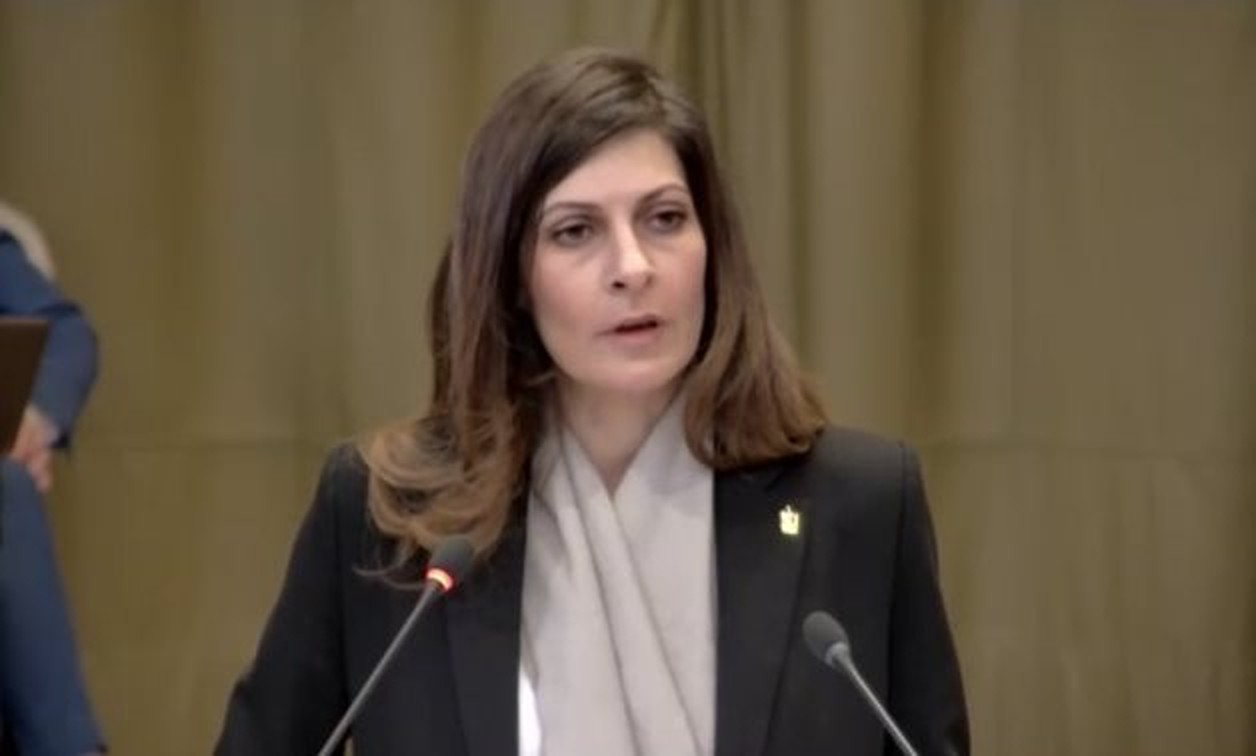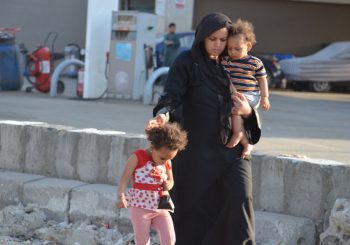At a hearing called for by the UN General Assembly, Jasmine Moussa, the legal advisor for the Egyptian Ministry of Foreign Affairs, appeared before the International Court of Justice (ICJ) on Wednesday, 21 February.
The UN General Assembly in 2022 requested the ICJ to provide an advisory opinion on the legal ramifications of Israeli policies and actions in the occupied Palestinian territories, including East Jerusalem.
This oral proceeding will involve more nations and international organisations than any other since the world’s top court started operations in 1946, involding 52 nations and three international organizations.
Significance of the court hearing
This request asks the court to undertake a legal review of the Occupied Palestinian Territories (OPT) crisis, focusing on the application of international humanitarian and human rights laws in the current context.
It also seeks an evaluation of Israel’s actions in the OPT against international standards, including those related to discrimination, and the possibility of applying international criminal law, specifically regarding crimes against humanity like apartheid and persecution.
The upcoming International Court of Justice hearings represent a significant opportunity for a comprehensive legal examination of the consequences of Israel’s decades-long occupation and its impact on the Palestinian people, as highlighted by Human Rights Watch Senior Legal Advisor Clive Baldwin
“This marks the first time the International Court of Justice will comprehensively examine the legal implications of Israel’s decades-long occupation and its impact on the Palestinian people,” stated Clive Baldwin, senior legal advisor at Human Rights Watch.
“Governments participating in the hearings have an opportunity to draw attention to the serious violations committed by Israeli authorities against Palestinians, potentially including crimes against humanity such as apartheid and persecution.”
Although ICJ advisory opinions lack binding force, they hold considerable moral and legal influence. They can contribute to the formation of customary international law, which is legally binding on states.
A breakdown of Egypt’s participation
In her participation in the ICJ advisory opinion on Israeli violations in Palestine on Wednesday, Moussa stated that Palestinians living under Israeli occupation have suffered for seventy-five years from indiscriminate violence, collective punishment, forced relocation, and unimaginable levels of daily human suffering.
She also emphasised the “brutal onslaught” that Israel has been carrying out in Gaza, where nearly 2.3 million people have been forcibly relocated and displaced in defiance of international humanitarian law, and 29,000 innocent civilians have lost their lives.
Additionally, Moussa drew attention to Israel’s purposeful and determined efforts to weaponize starvation, obstruct humanitarian supplies, and impose a siege in order to make life in Gaza unlivable.
“Israel is deliberately and wantonly creating conditions that are intended to make life in Gaza impossible, imposing siege and starvation, including by impeding humanitarian access,” Moussa underscored.
In addition, Moussa emphasised Israeli illegal actions in the West Bank, including intensifying attacks, limiting access, demolishing homes as a method of punishment, and encouraging settler aggression that has driven out entire communities.
According to Moussa, “a wider policy that seeks to dispossess the Palestinians of their land and assert Israeli sovereignty over it” includes Israel’s continued egregious violations of international law.
She recalled that twenty years prior, representatives of Palestine had presented Israel’s aggressive colonisation and settlement strategy to the court, which at the time had resulted in the movement of 400,000 illegal settlers into the occupied Palestinian lands.
She also said that the number is currently 750,000 and that the goal of these actions is to change the situation of the occupied territories.
“How can such practices which were described by several participants as crimes against humanity be consistent with any notion of human rights and human dignity in the 21st century?” she added.
She forewarned that Israel’s strategic settlement policy and its protracted military role is essentially “a systemic de-Palestinization of the occupied territory including Jerusalem, intended to permanently change its demographic characteristics and enhance its Jewish component.”
Furthermore, Moussa drew attention to the de facto racial discriminatory practices in Israel, which include those in housing, criminal justice, detention, property expropriation, and house destruction.
In her conclusion, Moussa declared that without protecting justice and the rule of law for the Palestinian people, no peace, security, stability, or prosperity could be attained in the Middle East.







Comments (0)